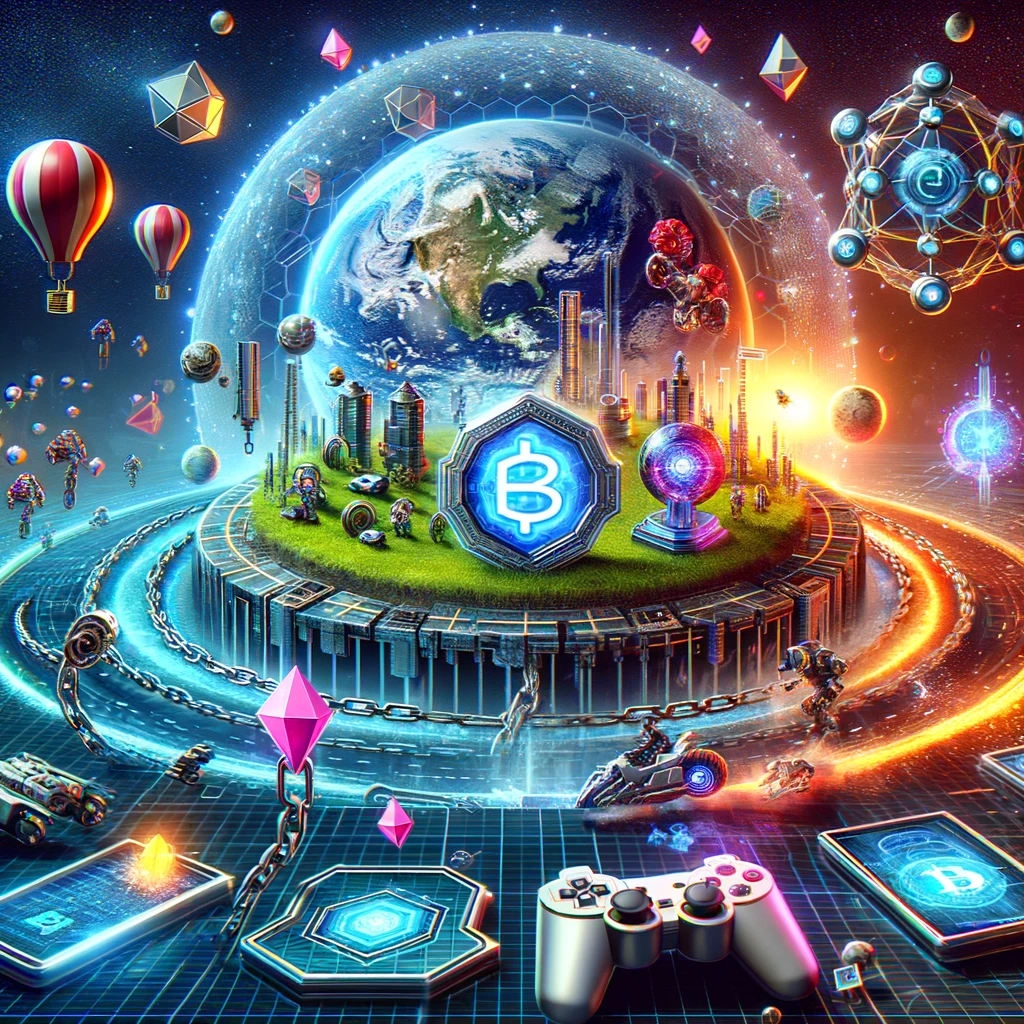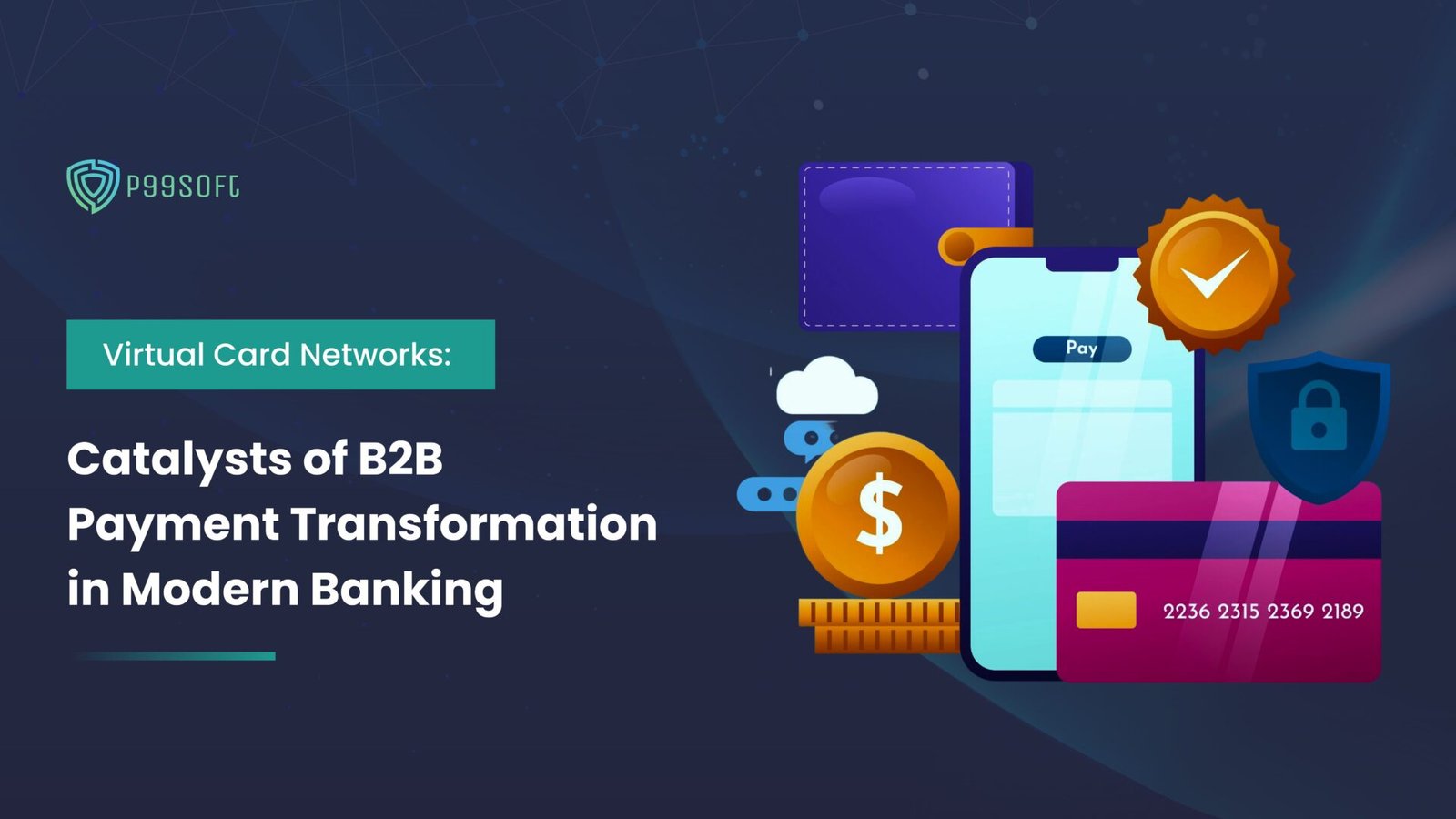The gaming industry is on the cusp of a revolutionary change, fueled by the advent of Non-Fungible Tokens (NFTs), the Metaverse, and Blockchain technology. These innovations are not just reshaping gaming experiences but also redefining the value and ownership in virtual worlds. This blog post explores how these technologies are integrating into gaming and what this means for the future.
NFTs: Redefining Ownership in Gaming
The Rise of Digital Ownership
NFTs have introduced a new paradigm of digital ownership in gaming. Unlike traditional in-game items, NFTs are unique, scarce, and have real-world value. According to a report by DappRadar, the NFT market soared to over $22 billion in 2021. This surge is partly attributed to the gaming industry adopting NFTs, allowing players to own, buy, sell, and trade in-game assets as never before.
Impact on Game Economies
NFTs are transforming game economies. By providing verifiable ownership of digital assets, they create a new economy where players can genuinely own and profit from their in-game items. Games like “Axie Infinity” have pioneered this model, where players can earn significant income through gameplay and trading.
The Metaverse: A New Realm of Possibilities
Defining the Metaverse
The Metaverse is a collective virtual shared space, created by the convergence of virtually enhanced physical reality, augmented reality (AR), and the internet. It’s a space where digital and physical realities coalesce. The Metaverse is not just a concept but a rapidly evolving reality, with companies like Facebook (now Meta) investing heavily in its development.
Gaming in the Metaverse
In the Metaverse, gaming experiences transcend traditional boundaries. It offers a persistent, immersive world where players can interact, play, and experience games beyond the constraints of physical reality. The Metaverse also paves the way for cross-game experiences, where assets and characters from one game can be used in another.
Blockchain: The Backbone of Future Gaming
Blockchain’s Role in Gaming
Blockchain technology is the backbone that supports both NFTs and the Metaverse. It provides a decentralized, secure, and transparent way to manage digital assets and transactions. Blockchain’s immutable ledger ensures that every transaction, ownership detail, and in-game activity is recorded and verifiable.
Enhancing Security and Fairness
Blockchain technology enhances security and fairness in games. It prevents fraud, ensures fair trade of in-game assets, and provides a trustless environment where players can be confident about the authenticity and ownership of their digital assets.
Challenges and Opportunities
While NFTs, the Metaverse, and Blockchain offer exciting possibilities, there are challenges to be addressed. These include scalability, environmental concerns related to energy consumption of blockchain networks, and the integration of these technologies into mainstream gaming.
Balancing Innovation and Sustainability
One of the biggest challenges is balancing innovation with sustainability, especially concerning the environmental impact of blockchain technologies. Developers are exploring more energy-efficient blockchain networks and sustainable practices to mitigate these concerns.
The Future of Gaming Regulation
As these technologies evolve, so does the need for regulation. The gaming industry will need to navigate legal and ethical considerations, especially related to asset ownership, monetization, and player rights in the Metaverse.
FAQs on NFTs, Metaverse, and Blockchain in Gaming
Q1: How do NFTs enhance the gaming experience?
A1: NFTs enhance gaming by providing real ownership and value to in-game assets, enabling a new economy and incentivizing players through tangible rewards.
Q2: What is the potential impact of the Metaverse on online gaming?
A2: The Metaverse can revolutionize online gaming by creating interconnected, immersive virtual worlds where experiences and assets can be seamlessly transferred between games.
Q3: What are the security benefits of integrating Blockchain in gaming?
A3: Blockchain enhances security by providing a transparent and immutable ledger for transactions, reducing fraud, and ensuring fair trades and verifiable ownership of digital assets.
Q4: How can the environmental impact of Blockchain in gaming be mitigated?
A4: The environmental impact can be mitigated by using more energy-efficient blockchain networks, such as proof of stake (PoS) protocols, and by developers adopting sustainable practices in game design and operation.
Conclusion
The integration of NFTs, the Metaverse, and Blockchain technology is setting a new frontier in gaming. It’s a transformative era that offers incredible opportunities for players and developers alike, heralding a future where gaming experiences are more immersive, interconnected, and valuable.
Engage with Us
What are your thoughts on the integration of these technologies in gaming? How do you see them shaping the future of the industry? Share your insights in the comments below and join the conversation.
Follow us for more updates and in-depth analysis on the future of gaming. Your engagement helps us explore and understand the evolving landscape of gaming technology.




